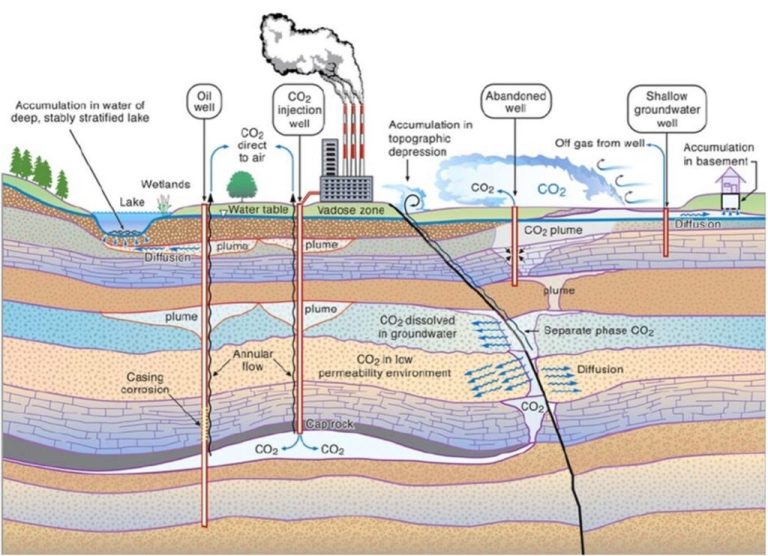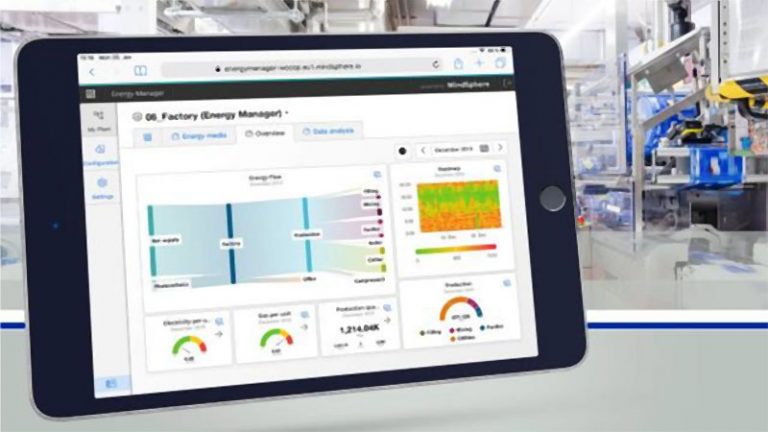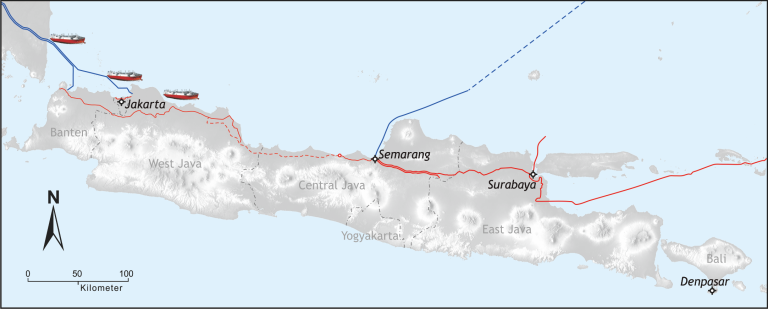Climate change is a serious matter that has always been discussed nowadays. All aspects are subject to attention for their carbon emission due to their business processes, especially in the industrial sector. Carbon emission is closely related to energy consumption, and the Industrial sector as one of the largest carbon emission producers holds 31% of the total energy consumption. The industrial sector as the second largest energy consumer after the transportation sector requires an increase in energy efficiency and becomes a real concern in the production processes due to the carbon tax regulation and also the Paris agreement implementation.
Energy consumption in the industrial sector is mainly utilized by the manufacturing industry, where it is divided into 191 subsectors of 4-Digit KBLI (Klasifikasi Baku Lapangan Usaha Indonesia) in Indonesia. 80% of the energy consumption is only consumed by approximately 20% of industrial subsectors which are categorized as High Energy Consumers. This means that approach to energy efficiency enhancement should be conducted for this type of consumer to improve the whole energy consumption in the manufacturing industry.

In the last 5 years, the total population of the manufacturing industry has increased approximately by 23%. On the contrary, it is found that 96 out of 191 manufacturing industries are improving their energy efficiency with the High Energy Consumers has decreased from 34 industries to 28 industries. The amount of population in High Energy Consumers also decreased approximately by 8%. It can be expected that nowadays the industrial sector, especially in the manufacturing industry already makes some improvements to decrease its energy consumption. Although there are several industries that still experiencing deterioration in energy efficiency performance, it still can be improved by approaching the 28 industries of High Energy Consumers to improve their production process and equipment to seize better energy efficiency.
To improve this energy efficiency in order to achieve net zero carbon emissions, there are several factors that could support the industrial player to generate better practices, such as clear carbon tax implementation and bureaucracy, significant green investment, better access to clean energy sources, and incentive on energy efficiency and clean energy initiative. Support is also needed by small and medium enterprises to pursue the gap through green financing schemes, technology enforcement policies, and technical assistance in internal carbon pricing.
This approach is expected to support the NDC (Nationally Determined Contribution) target in Indonesia which is set up to 41% with International assistance and also support the carbon tax implementation, although it is postponed until 2025.




